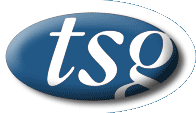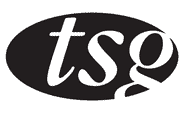|
Service Areas
|
Tax Tips
Canadian residents who are 65 or older can transfer assets into an “Alter Ego Trust” (AET) or a “joint spousal or common-law partner trust” (JPT) without triggering gains for tax purposes. In order for the trust to qualify as an AET or JPT, the person contributing assets to the trust (called the “settlor”) or the settlor’s spouse or common-law partner (for a JPT) must be entitled to receive all of the income earned by the trust during their lifetime and no one other than the settlor (or, for a JPT, the spouse or common-law partner), is able to receive or use any of the trust assets. All the assets of an AET or JPT are deemed to be disposed of by the trust, for tax purposes, at fair market value on the death of the settlor (or the later of the death of the settlor and their spouse or common-law partner, for a JPT). Any gains or losses accrued in the trust assets are thus triggered at that time. Such a trust can provide estate planning benefits, avoid power of attorney problems if mental incapacity issues arise, eliminate probate fees, mitigate wills variation exposure, and provide confidentiality with respect to assets held in the trust at the time of death, since they will not be part of the estate. However, there are also various costs, traps and pitfalls, including the following:
Overall, Alter Ego and Joint Partner Trusts can be useful planning tools, but only if the practical and tax issues arising from their use are anticipated and planned for effectively. TAX TIP OF THE WEEK is provided as a free service to clients and friends of the Tax Specialist Group member firms. The Tax Specialist Group is a national affiliation of firms who specialize in providing tax consulting services to other professionals, businesses and high net worth individuals on Canadian and international tax matters and tax disputes. |


